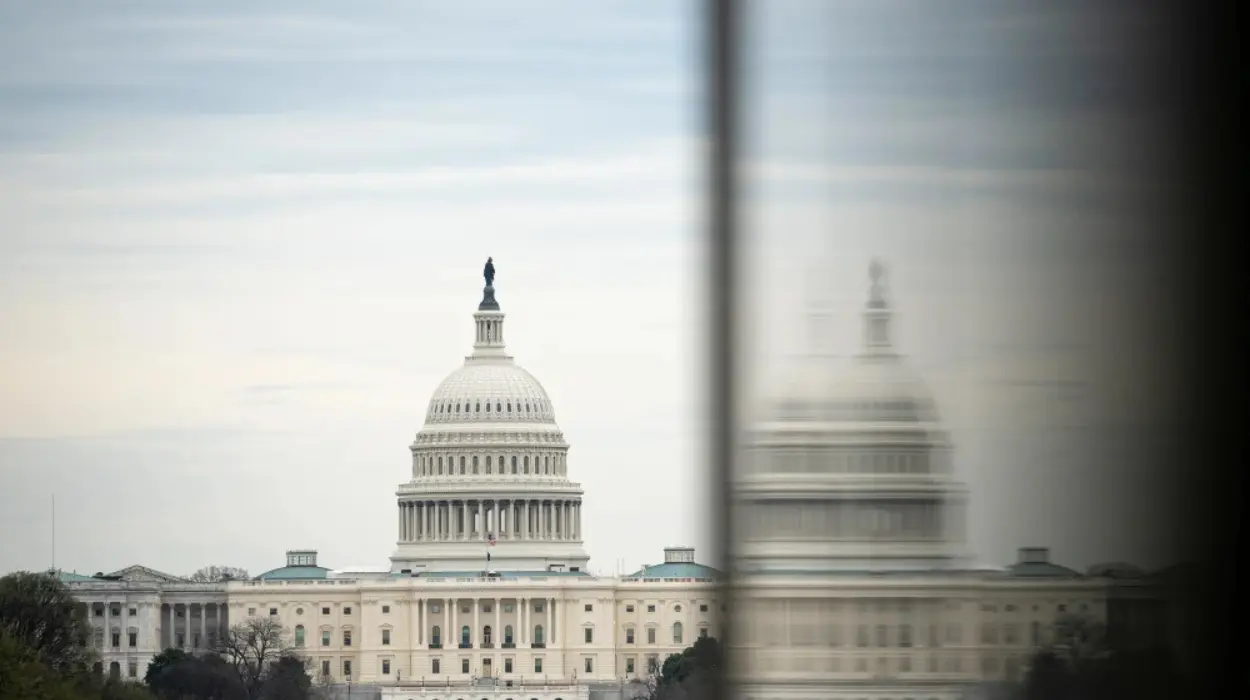USA (Transatlantic Today)— The 2024 election has brought the Senate filibuster back into the spotlight, with Democrats increasingly advocating for reforms to the 60-vote threshold, especially to pass legislation on issues like abortion rights and voting protections.
If President Joe Biden secures re-election and Democrats control the Senate, they might finally have the votes to alter the filibuster. Key Democratic senators and candidates support reforms, which has made the issue a litmus test for the party. With Senators Joe Manchin and Kyrsten Sinema, who previously blocked such changes, not returning, the path to change may be clearer.
Currently, Senate rules require 60 votes to end debate on most legislation, allowing 41 senators to effectively veto bills. Sen. Jeff Merkley, D-Ore., believes this is a chance to restore “a talking filibuster” that would demand continuous debate for a minority to block bills. “Making the Senate work again” is a shared goal for most Democrats who are staying, Merkley says.
The stakes are high. Reforming the filibuster could reshape lawmaking by allowing a simple majority to pass laws. Progressives argue that the filibuster stalls popular legislation and frustrates majority rule. Even some moderate Democrats say the threshold stifles productivity. Sen. Mark Kelly, D-Ariz., likens Senate rules to a rocket that “would never leave the launchpad” under similar restrictions.
Republicans, however, warn that scrapping the filibuster could be disastrous, with conservative voices like Sen. Ron Johnson, R-Wis., calling it “a bulwark against socialist policies.” Johnson and other Republicans argue that even with potential executive authority, the filibuster remains essential to prevent drastic policy swings.
Democrats aiming to secure an anti-filibuster Senate majority must retain seats in battleground states like Montana, Ohio, Pennsylvania, and Arizona. Arizona’s likely Democratic Senate candidate, Rep. Ruben Gallego, has pledged to waive the filibuster to protect abortion rights. Other prominent Democratic candidates, such as Adam Schiff and Elissa Slotkin, have also called for the filibuster’s end to ensure votes on gun safety, voting access, and other priorities.
President Biden has previously endorsed carve-outs to the filibuster for issues like voting and abortion rights. Some believe his position may expand to other legislative areas if Democrats gain control.
Meanwhile, former President Donald Trump has urged Republicans to scrap the filibuster for stricter immigration laws. Senate GOP leaders, like Sen. Thom Tillis, R-N.C., resist, arguing that such a move could undermine the Senate’s unique role, with Tillis even suggesting he’d resign if Republicans “nuke it.”
The filibuster debate will likely persist, framing a divisive issue for both parties as they approach the November election.


























